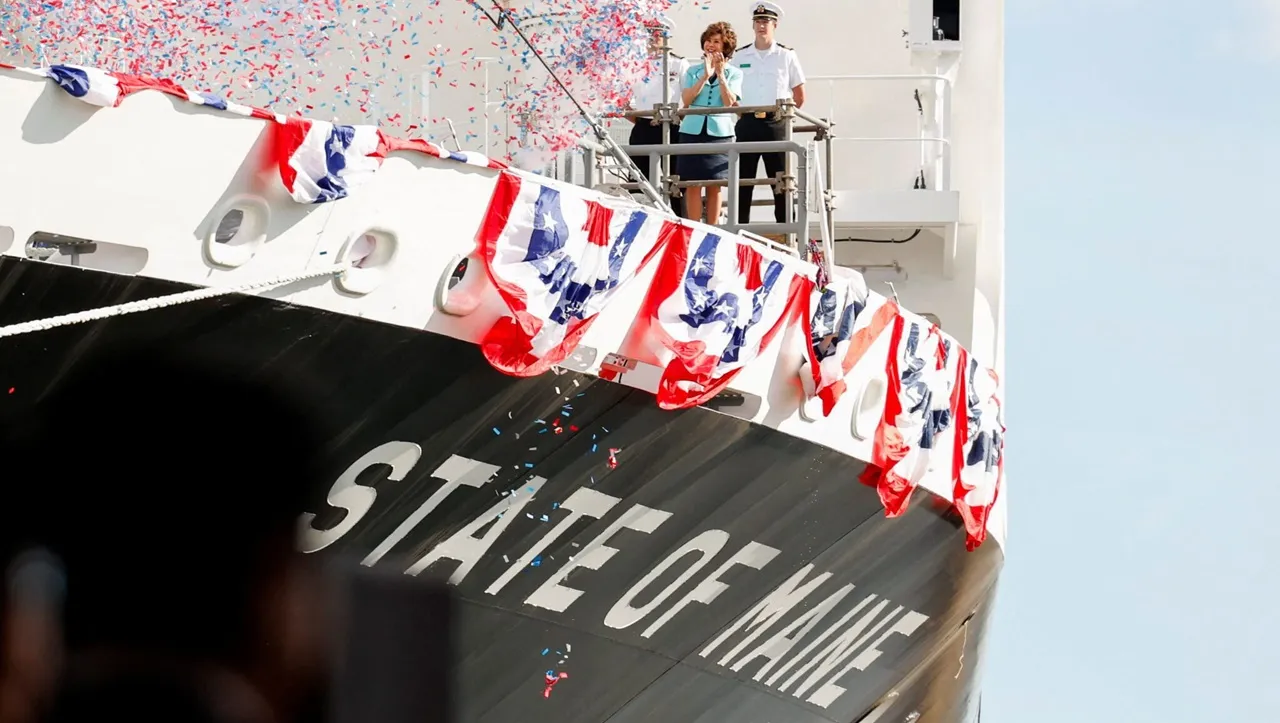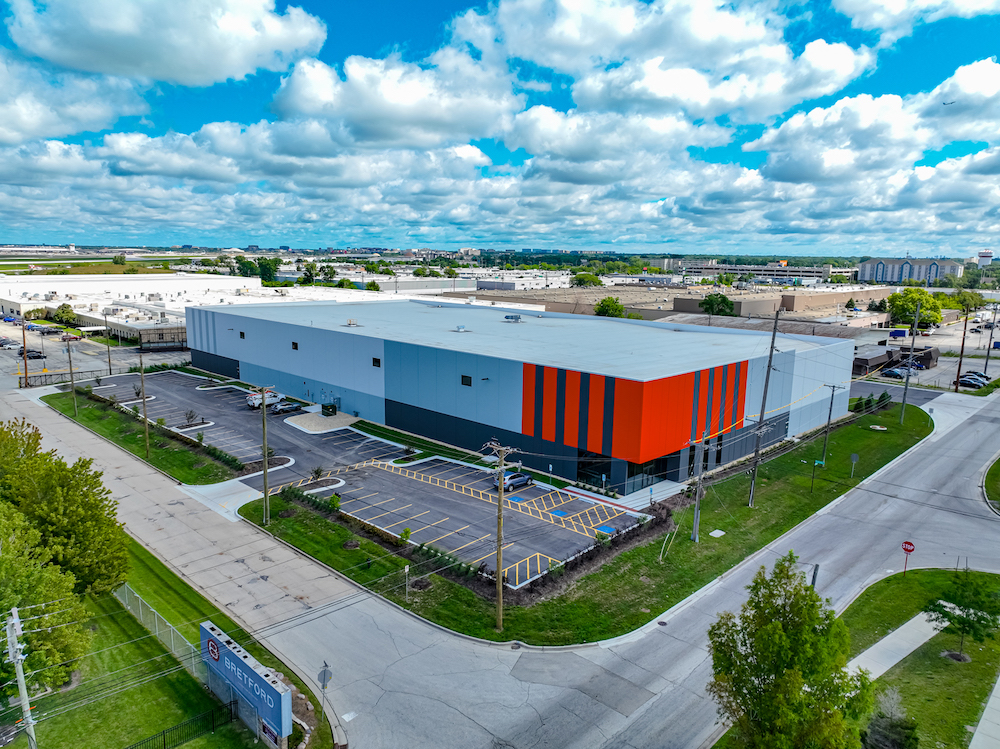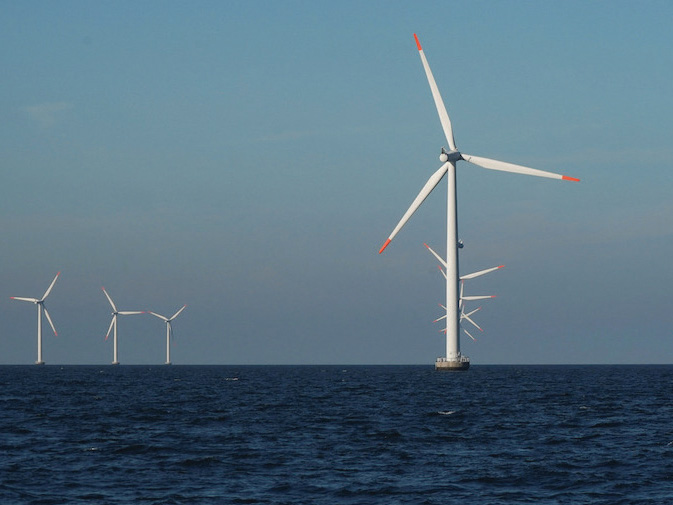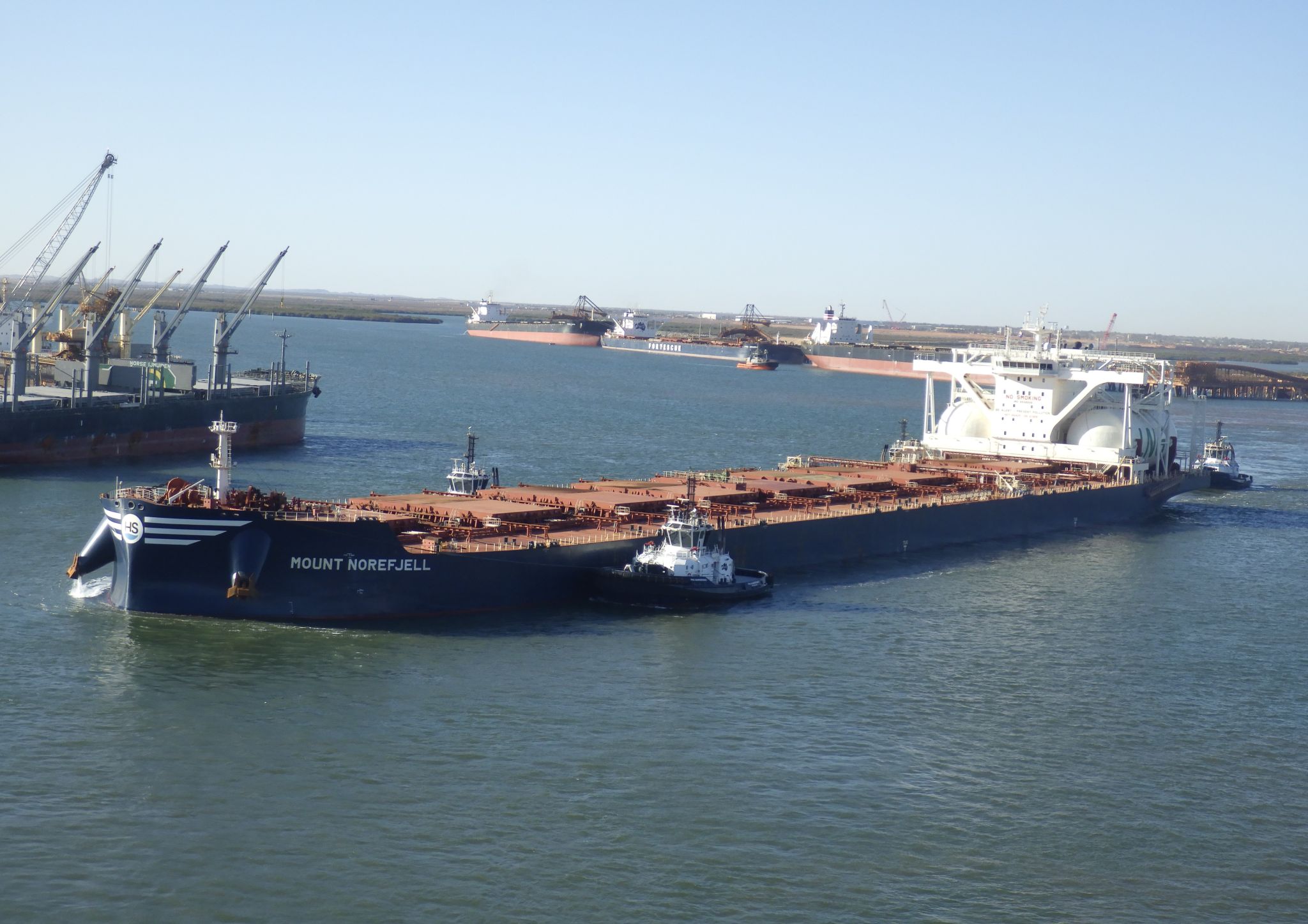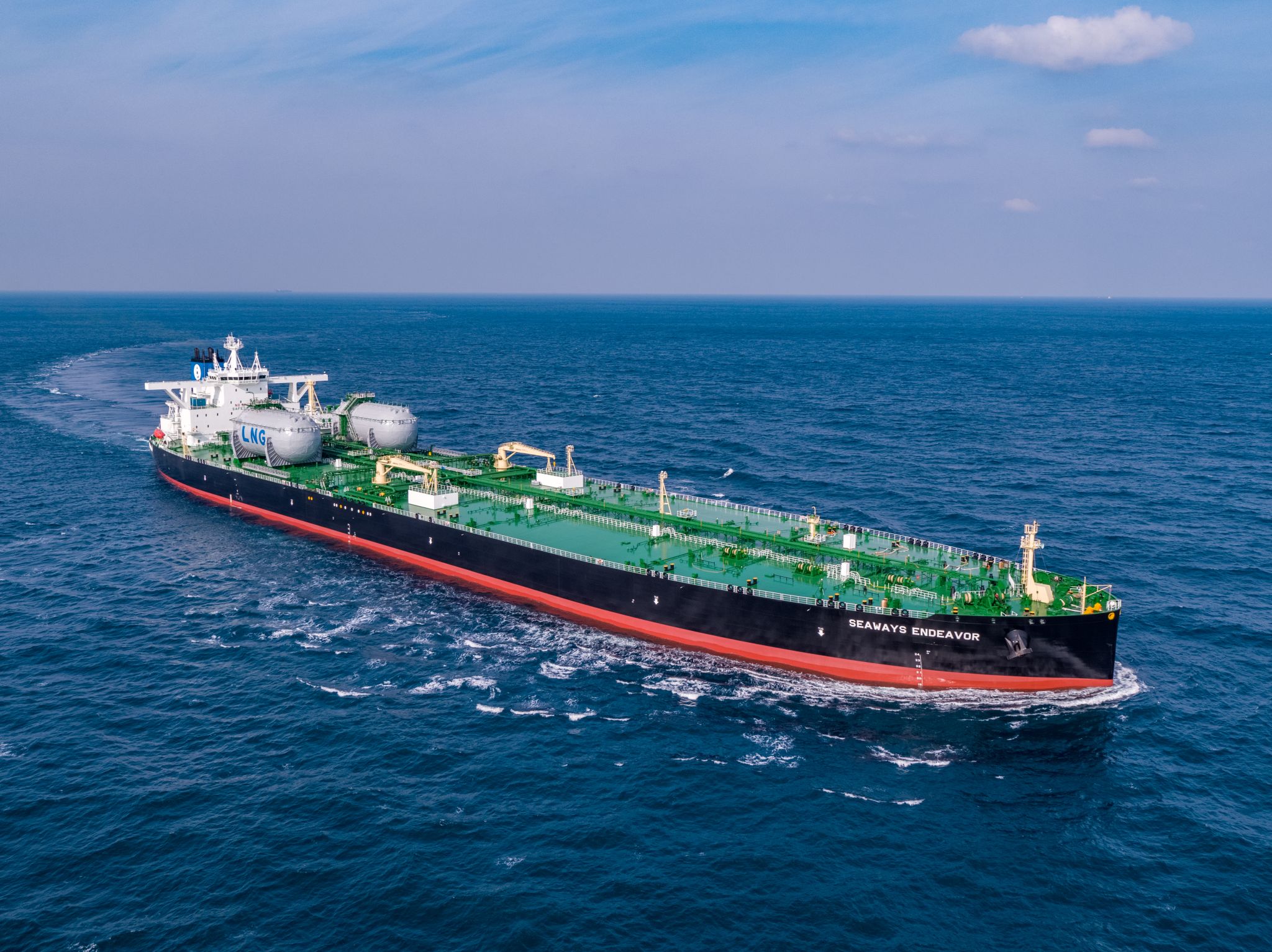SeatradeMaritime: South Korea plays shipbuilding trump card in US relations
This week has seen South Korean shipbuilders make a flurry of announcements related to US yards with varying levels of commitment.
US shipbuilding finds itself at the intersection of high-level plans for increasing US security broadly, with inchoate moves towards strengthening maritime capabilities, including vessel construction, in the US.
At the highest level of background, nations with considerable streams of exports to the States are all watching the ever-shifting dialogue on tariffs. But countries with ship construction, maintenance, and repair expertise are in a unique position; they have something that the policy makers in the Trump Administration want desperately- a vehicle for buttressing a resurgent vessel building capability.
This confluence led to the very broad-brush “Make American Shipbuilding Great Again” (MASGA) proposition from South Korea, with investment of as much as $150 billion to bolster US shipbuilding capacity, including training of workers, as well as role in maintenance of US Navy vessels. These efforts are part of a larger programme, reported to be as much as $350 billion, for South Korean investments into the States. Though plans are evolving, discussions on shipbuilding are intertwined with the diplomatic back-and-forth on tariffs.
We are seeing some areas on the MASGA canvas now being filled in. Following a meeting earlier this week, between President Donald Trump with South Korean President Lee Jae Myung, the South Korean builder Hanwha- already committed to playing an important role in US efforts, announced that it would be investing $5 billion towards expansion of the Philly Shipyard, acquired from Norwegian owners late last year for around $100 million, with a stated objective of increasing capacity for the delivery up to 20 vessels per year. The meeting was timed to coincide with the christening, the following day, of the training ship State of Maine, destined for Maine Maritime Academy, under construction at the yard.
Related:Hanwha unveils more orders and $5bn investment for Philly Shipyard
There have been other announcements from the South Korean builders. Notably, the Trump White House has played a role in bringing financial investors into the fray. HD Hyundai is now set to tie up with alternative investment giant Cerberus Capital, with backing from the Korean Development Bank, to create a multibillion-dollar joint investment fund aimed at strengthening the maritime capabilities of the US and its allies, including shipbuilding, marine logistics infrastructure, and advanced marine technology.
Cerberus, with approximately $65 billion of assets under management, is no stranger to the US maritime space; it had previously invested in Jones Act product tanker construction at the NASSCO shipyard on the US West Coast, backing the construction of MR tankers now owned by a Kinder Morgan affiliate and managed by Crowley.
Related:HD Hyundai joins bid to ‘Make America Shipbuilding Great Again’
According to a Cerberus release, “HD Hyundai will serve as an anchor investor to the strategy and act as a technical and industrial partner, bringing its global expertise in shipbuilding, marine engineering, and digital maritime solutions. In addition to providing investment diligence and strategic insights, HD Hyundai will explore opportunities for collaboration related to US shipyards, ports, and maritime technology.” But it’s clear that the investment is tied to the bigger picture; the release adds that: “This strategic partnership is aligned with HD Hyundai’s commitment to the US – Korea alliance and supporting the future of US and allied shipbuilding.”
Another South Korean shipbuilding behemoth, Samsung Heavy Industries, has announced that it will be partnering with Vigor Marine Group, based in Seattle, Washington with affiliates along the West Coast, and previously owned by the well-known financial investor, The Carlyle Group, to focus initially on the maintenance and repair of US Navy vessels.
The yard, now controlled by Private Equity giant Lone Star Funds, is in the final stages of completing the electrification (using a package from ABB) of a 2,000 passenger/ 200 vehicle ferry serving the Seattle area, the first of three in a hybridisation package for Washington State Ferries (WSF). Vigor’s announcement alluded to the potential for transfers of advanced technologies from Samsung to benefit activities at its facilities in the States.
Related Posts

